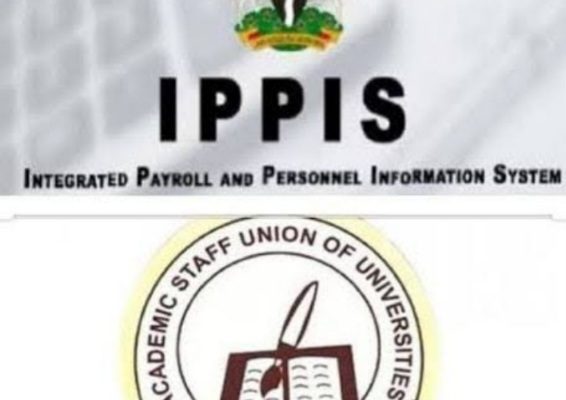In the past few days, considerable attention has surrounded the Federal government’s decision to remove tertiary institutions from the Integrated Payroll and Personnel Information System (IPPIS).
The Minister of Education, Tahir Mamman, made the announcement on Wednesday to State House correspondents after the Federal Executive Council (FEC) meeting at the State House, Abuja.
According to the Minister, “the president and the Council are just concerned about the efficiency of management of the universities, and so it has nothing to do with integrity or platform options.”

Why IPPIS?
The Integrated Payroll and Personnel Information System (IPPIS) is a comprehensive system implemented by the Nigerian government to streamline and automate the management of payroll and personnel information. It centralizes data related to government employees, facilitating efficient payroll processing and personnel administration. IPPIS aims to enhance transparency, reduce financial discrepancies, and eliminate fraudulent practices, such as the inclusion of “ghost workers” on the payroll. The system is particularly significant for ensuring accurate and timely payment of salaries and benefits to public sector employees.
Implemented in October 2006, the Federal Government introduced the IPPIS as a key component of its reform efforts.

The IPPIS targets the incorporation of all federal government ministries, departments, and agencies funded through the consolidated revenue fund. Its goal is to enroll these entities on its platform. Since its inception in April 2007, the IPPIS project has purportedly resulted in significant cost savings for the Federal Government by successfully eliminating numerous ghost workers, as stated by government officials.

Moreover, IPPIS effectively manages the deduction and timely remittance of various payments to third-party entities from the salaries of federal government employees. These encompass deductions for entities such as the Federal Inland Revenue Service, State Boards of Internal Revenue, National Health Insurance Scheme, National Housing Fund etc.
In practical terms, for federal employees enrolled in the IPPIS, deductions for housing funds, taxes, and other obligations are seamlessly processed directly from their salaries before the funds are credited to their accounts.
ASUU’s arguments for IPPIS exemption
1.University-Specific Needs: The Academic Staff Union of Universities (ASUU) asserted that the standardised nature of IPPIS does not cater to the unique needs of universities, such as allowances and peculiarities in academic structures.
2.Autonomy: ASUU argued that the implementation of IPPIS interferes with the autonomy of universities. The union believes that universities should have the flexibility to manage their payroll systems and financial affairs independently.
3.Inadequate Consultation: The union claimed that there was insufficient consultation with stakeholders, including ASUU, before the decision to implement IPPIS was made.
4.Alternative Proposals: ASUU proposed the University Transparency and Accountability Solution (UTAS) as an alternative to IPPIS, advocating for a system tailored to the specific needs of universities.
5.Data Privacy and Security Concerns: ASUU raised concerns about the security and privacy of personal data within the IPPIS system. They argued that centralising such sensitive information could pose a threat.
6.Retirement Age: The typical retirement age for regular civil personnel is 65, but professors in the professorial cadre enjoy a special dispensation, allowing them to retire at 70. ASUU has expressed apprehension about how IPPIS could influence this provision. They emphasize a contrast between the new policy permitting professors to retire at 70 and the Federal Government’s template, which appears to advocate the gradual phasing out of university lecturers aged 60 and above.
IPPIS was one of many reasons for perennial ASUUindustrial actions. But does the recent exclusion of universities and other tertiary institutions from IPPIS suggest a potential reduction in ASUU strikes?
The exclusion of ASUU from IPPIS could potentially lead to a decrease in ASUU strikes, considering that IPPIS was a major factor behind their industrial actions. This move by the government addresses a significant point of contention. However, it’s important to recognize that ASUU strikes often involve various issues beyond IPPIS, such as concerns about university funding, infrastructure, and academic autonomy. Therefore, while resolving the IPPIS matter is a positive step, the overall impact on reducing strikes will depend on how effectively the government addresses the union’s broader grievances.
READ ALSO FROM NIGERIAN TRIBUNE








